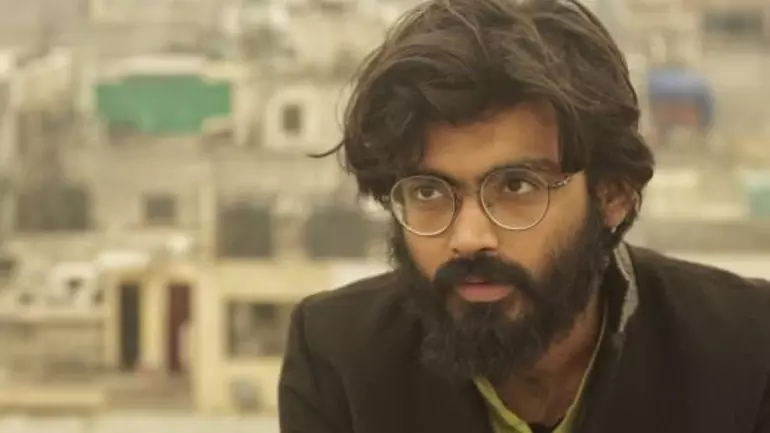Sharjeel Imam has told a Delhi Court that his prosecution in relation to the speeches made by him in Aligarh Muslim University and Jamia area in Delhi against the Citizenship Amendment Act is a whip of a monarch rather than the Government established by law."Today, this Prosecution of Sharjeel Imam is more of whip of a monarch rather than a government established by law. This is not how...

